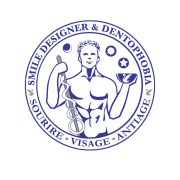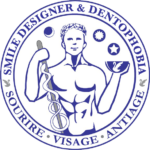TREATMENTS AND SOLUTIONS
TO OVERCOME THE FEAR OF THE DENTIST
To overcome the fear of the dentist and to treat the teeth,
we distinguish two strategies:
the help of anesthetists and psychiatrists.
TREATMENTS AND SOLUTIONS TO OVERCOME THE FEAR OF THE DENTIST
To overcome the fear of the dentist and to treat the teeth, there are two strategies: either the help of anaesthetists or psychiatrists.
FIRST SOLUTION: THE HELP OF ANESTHETISTS: DENTAL SEDATION
The phobia of the dentist is only annoying when people want to have their teeth treated.
This finding may be the basis for a therapeutic paradigm that allows the patient’s teeth to be treated without a behavioral psychotherapeutic approach.
Indeed, the main objective is not to remove the ” fear of the dentist “to our patients suffering from fear of the dentist or dental phobia, but to enable them to to have their teeth treated despite this fearThe patient is made unconscious of the treatments that are to be given to him/her.
The solutions to overcome the fear of the dentist are based on dental care under:
Following the clinical and radiological exploration that leads to the diagnosis, an ideal treatment plan must be constructed according to the patient’s dentophobia.
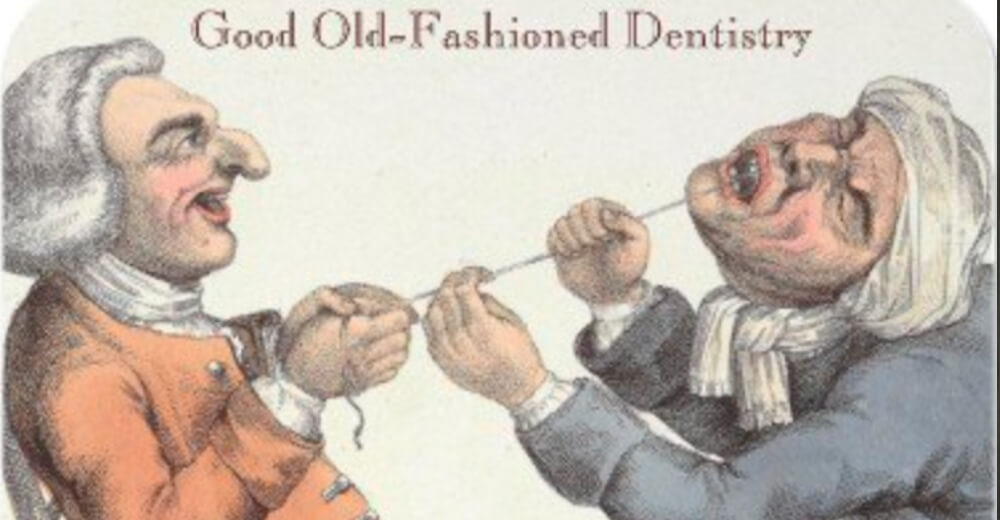
Dental care under sedation
conscious dental sedation
The solution for patients with moderate anxiety
This sedation is indicated for brief, non-invasive dental care, such as a shot of anesthetic in the mouth.
semi-conscious dental sedation
The solution for patients with stomatophobia
The main technique of semi-unconscious sedation, diazanalgesia has a protocol that must be carried out by an anesthesiologist. It is so named because it consists of injecting the patient intravenously with anxiolytic sedatives of the Benzodiazepine family. The patient remains in an altered state of consciousness, comfortable and non-anxiety inducing, while the dentist concentrates on the procedure.
unconscious dental sedation
The solution for heavy interventions or fragile patients
Unconscious dental sedation corresponds to a protocol that must be performed by an anesthesiologist. It consists in plunging the patient into a coma of stage I (neuroleptanalgesia) or stage II (general anesthesia). It is reserved for patients who, depending on the procedure to be performed, their state of health or their phobia of the dentist, have no other alternative than to resort to this solution.
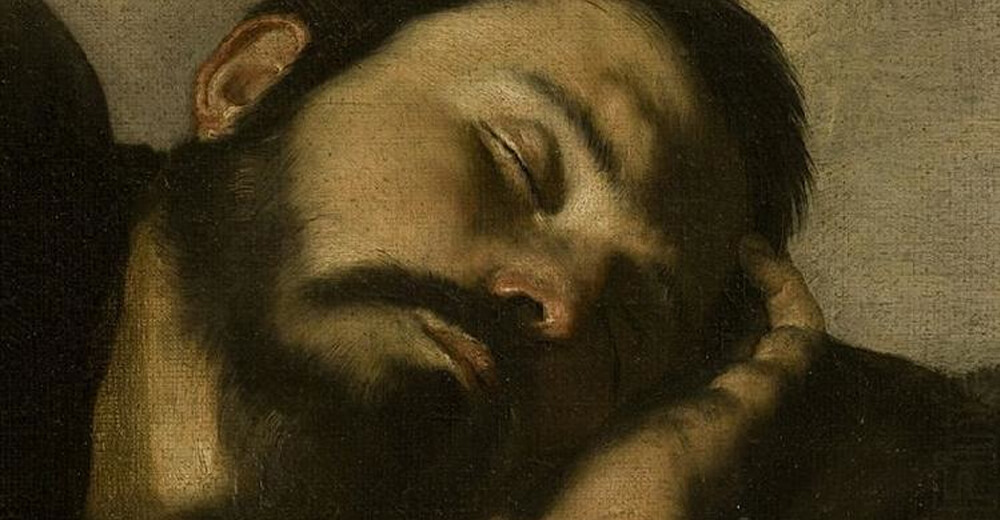
The sedated patient is totally disconnected from reality
Disconnected from reality, the sedated patient can therefore endure dental care without stress since he no longer perceives it. This solution is the fastest and most effective way to treat the patient’s teeth, even with heavy treatment, even though the phobia itself is not treated.
The problem of the phobia of the dentist, even if it is not solved on the psychological level, does not exist any more and thus is not an obstacle to the dental care since the patient is not conscious any more of the treatments that the dentist gives him.
However, in order to achieve an optimal therapeutic result at the end of a treatment, the teeth must not only be healthy, but the patient must also be able to undergo dental treatment normally and without any anxiety.
However, it is clear that very often the patient, relaxed and confident by sedation, is able to receive dental care without any sedative medication!
SECOND SOLUTION: HELP FROM PSYCHIATRISTS: PSYCHO-THERAPEUTIC SOLUTIONS
Cognitive-behavioral psychotherapy is a therapeutic indication for the treatment of phobias “if the symptom itself is to be addressed.
To this extent, the treatment consists in proposing to the patient to confront the feared situation, first from a distance and in a reassuring context, then more and more intimately.
This progressive exposure leads to a decrease in fear reactions and allows the fear to disappear in some cases, by desensitization. Cognitive-behavioral psychotherapy thus “cures the symptoms ” (if we refer only to the psychoanalytic paradigm), and may be enough to allow the patient to live much better and to be treated without excessive fear in a dental office.
Furthermore, psychiatrists may, after evaluating the patient, prescribe certain classes of medication as adjuncts, such as beta-blockers, anxiolytics (especially benzodiazepines or anti-H2 drugs), or antidepressants (including SRIs) in the treatment of this type of pathology.
These solutions are time consuming, moderately effective and require a great deal of effort on one’s part.
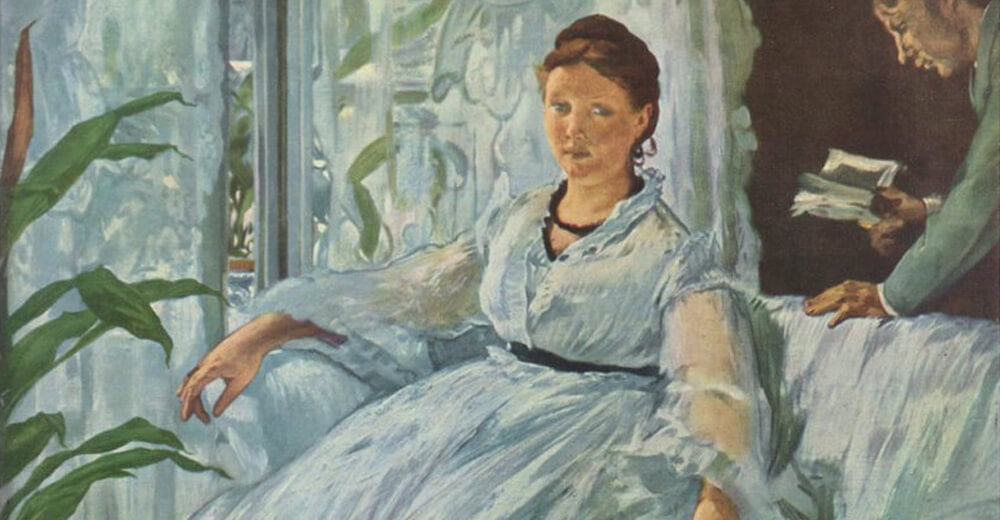
INFORMATION ON LEGISLATION CONCERNING INTRAVENOUS SEDATIONS:
The practice of intravenous anaesthesia or sedation in a dental office is governed by legislation that differs from country to country.
France and Switzerland, for example, have significantly different legislation regarding sedation in a dental practice.
The common and general rule is that the IV sedation protocol must be performed by an anesthesiologist.
In Switzerland, the concept of intravenous sedation in a dental practice is quite tolerable and can extend to general anesthesia with intubation if safety conditions are met.
Obviously, in Switzerland, these protocols are governed by federal and cantonal medical rules and are subject to an obligation of means with a dedicated technical platform.
These practices described in these pages are the exclusive domain of anesthetic medicine and are not those of dentists.
Dentists who work in cooperation with an anesthesiologist must have sufficient training and experience to handle critical situations.
The protocols described in the pages of this site are general information. This description, which is meant to be exhaustive, does not engage the responsibility of the editor.
